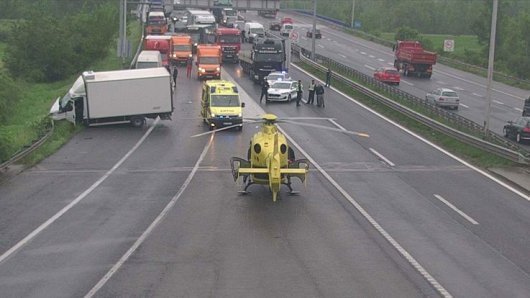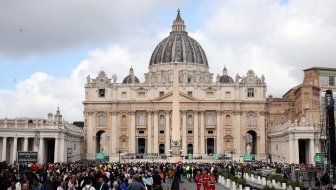Prime Minister and Social Democratic Party (SDP) president Zoran Milanovic said in Novi List daily of Saturday that he learned the lessons from the recent local elections, both bad and good, but that he would do nearly everything the same regarding the polls.
Responding to the interviewer's remark that a few days ago he said he knew something about Zagreb Mayor Milan Bandic's corrupt activities, Milanovic said he stuck by that. Asked if he should not "share" this with the chief state prosecutor, he said the "city assembly and the SDP have filed reports about concrete wrongdoing."
Assessing the local elections, Milanovic said the SDP's results were encouraging given the tough economic crisis and that they indicated that the government was on the right track. "Just as after the parliamentary election, I see these results as the general support by Croatia's citizens."
Asked about the election result of the SDP's ruling coalition partner, the Croatian People's Party (HNS), Milanovic said he was happy about it. Asked what he could expect of the HNS in the wake of its new awareness of its power, he said this party "stopped laws before as well" but that it was a very good partner.
The PM said there were no problems either with the Istrian Democratic Party, another ruling coalition partner.
He would not comment on relations in the strongest opposition party, the Croatian Democratic Union (HDZ). Asked if he was worried by "the HDZ's resilience," Milanovic said he was not, adding that he was the president of the SDP, "the party whose coalition won in all elections in the past five years, except the (recent European Parliament) election, in which the HDZ's bloc won a few thousand more votes."
Asked if he was worried by the fact that the HDZ, although on trial for corruption, continued to be a strong political opponent because its voters did not let the party fall apart, Milanovic said, "You made a good diagnosis of the HDZ."
Speaking of the tough economic situation, he reiterated that Croatia was not an isolated country and that it depended on foreign inputs. "The path we chose is to truthfully speak about the situation, not to embellish reality," he said, adding that the government could not create jobs but that it was creating conditions for that.
He went on to say that his government was "pro-business" and that it promoted Croatia in line with that orientation so as to attract capital.
However, "the world still sees us as a corrupt and narrow-minded country, certainly not because of me and my government. It's difficult to change perception, it's easy to become known for evil, stupidity and excesses, that happens overnight. There are still certain stereotypes regarding Croatia. We are trying to change that."
Milanovic voiced confidence that his government could pull the country out of the crisis.
Asked about his critics' claims that he was arrogant and prone to insulting political opponents and the journalists' observation that the Croatian public was not used to such directness, Milanovic said this was "the Byzantine culture I was talking about... I'll explain. I didn't mean Justinian's or Constantine's Byzant but the mature Byzant that is synonymous with scheming and rot."
Milanovic said he was being attacked more than the previous prime ministers because "I don't make deals, I don't buy people, I don't tell them what they want to hear but what we all have to face."
Asked about a request for a referendum by the "In the name of the family" civil initiative to amend the Constitution to define marriage as a union between a man and a woman and if he would ask citizens to vote against this, Milanovic said he did not understand the initiative or see its purpose. He added that the referendum was in parliament's remit.
Asked if he was scared by "this conservative revolution in Croatia," the prime minister said "it's not a revolution but an attempt that is usual around the middle of the term of left-liberal governments in Croatia to divide and break up society in world view terms."




































